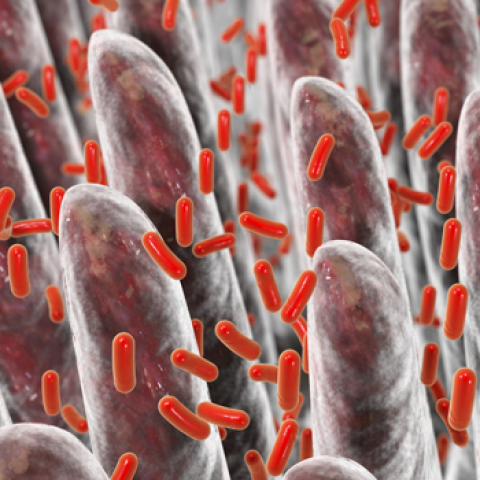Interdisciplinary Initiatives Program Round 8 - 2016
Dennis Wall, Pediatrics
Michael Snyder, Genetics
Autism Spectrum Disorder (ASD) is a heterogeneous developmental disorder that affects 1 in 68 children. There have been several attempts to develop genetic classifiers to detect ASD but unfortunately, these models have not reached a high enough accuracy for clinical application (71.7% at best). There are at least two factors that could explain this result. First, autism presents a very large behavioral spectrum that was not taken into account in previous studies. Second, environmental factors may explain as much as 60% of the variation in the autism phenotype. Recent efforts have established a promising link between the gut microbiome and autism. This proposal aims to test the following hypothesis: combination of the genome and microbiome will provide greater power than the individual measurements alone to define relevant microbial biomarkers in ASD. We will determine which bacterial species and metabolic pathways affect the ASD phenotypes by combining field-based assessments and subsequent experimental validation through a metaproteomics approach. We plan to test our hypothesis by first characterizing stool-associated microbial genotypes and metabolic pathways enriched in the gut microbiome of 100 children with ASD in comparison with age matched, unaffected siblings. We will then associate microbial taxa specifically enriched in autism and with genomic variants to define and predict classes of autism using machine learning approaches. Finally, we will validate the presence of microbial pathways enriched in the ASD cohort using metaproteomics analysis. Our long-term goal is to unravel the differential impact of the microbiome on autism and its interaction with the host.



